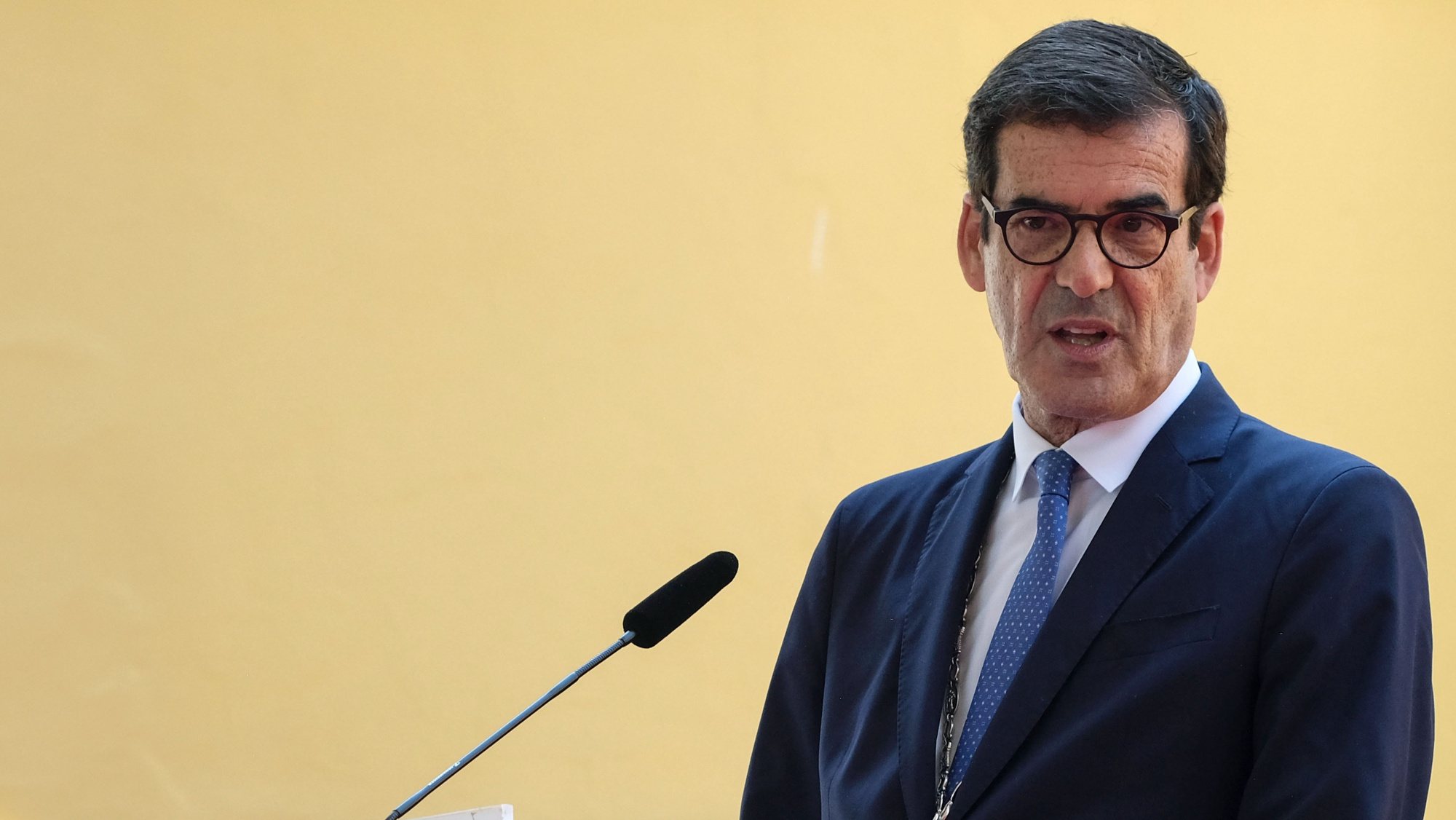The mayor of Porto said that the assisted consumption room has not provoked “hostile reactions” from residents, which was a concern, recalling, however, that the infrastructure needs to gain “maturity”.
Rui Moreira, who was responding to a question raised by the elected deputy of the BE Susana Constante Pereira, in the Municipal Assembly of Porto, about the adequacy of the consumption room, said that there were no “hostile reactions” from the neighbors, who initially feared
What he feared most was that there would be reactions from the surrounding population. We have not had this problem. That there was an earthquake there, but the people understood that the room is an important response for a community that has problems”, observed the independent mayor.
Aware of the understanding of the neighbors, Rui Moreira said that in the vicinity of the assisted consumption room, installed in ‘Viela dos Mortos’, in the Serralves area, there has also been no surveillance and that the surveillance commission “has been operating ” and promoted meetings with some hospitals in the city.
“What the commission proposed is that data only needs to be provided ten days after the end of the first quarter“, said the mayor to the BE deputy, who moments before had requested information to be shared with the municipal groups.
“We are still concerned that at this stage what is needed is to let the project settle and the process develop without noise,” stressed Susana Constante Pereira, who said that she does not want to generate “noise around such a sensitive process.”
From the assisted consumption room, the discussion in the period dedicated to the valorization of the municipality’s activity, moved on to “the environment of insecurity that is experienced” with the consumption of illicit substances in the vicinity of the Jardim do Fluvial, a problem raised by the deputy of the municipal group “Here is Porto” Fátima Ferreira da Silva.
“We have not had any reaction from the neighbors, but the environment in which we live is increasingly heavy in terms of securitythe elected official said, citing the high number of tents, “reports of children being accosted” by drug addicts, “daylight robberies” and various “syringe wastes” as examples.
In response to the deputy of the municipal group that he heads, Rui Moreira stressed that protection and security issues do not depend on the Chamber, but on the Ministry of Internal Administration and the Public Security Police (PSP).
“The mayor has taken a very demanding position in relation to the Ministry of the Interior (…) In this matter I have no conscience at all”, he said, accusing the deputy of making “pure demagoguery” and of not appreciating “pure demagoguery” in her movement.
The works of the Porto assisted consumption room finished on June 23, nearly two years after the approval of the Controlled Consumption Program.
In April 2019, at the opening session of the 26th edition of the International Conference on Risk Reduction, Rui Moreira announced that the municipality was working on the creation of a mobile unit for assisted consumption as “another public health response”. .
In July 2020, the Porto City Council approved the Monitored Consumption Program, the result of cooperation between the municipality, the Service for Intervention in Addictive Behaviors and Dependencies (SICAD), the Social Security Institute and the North Regional Health Administration (ARS-N) for the creation of responses of this type in the city.
Three years and two months after the mayor’s announcement, the removable infrastructure must work ten hours a day, seven days, on a schedule proposed by the managing entity and validated by the Execution, Monitoring and Evaluation Committee.
With capacity for ten individual posts and physical separation between the space for consumption of smoked and injected products, the surveillance team will be composed of permanent professionals, such as two nurses, a psychosocial technician and a peer educator. Added to these are a part-time psychologist (seven hours a week), a social worker (seven hours a week) and a doctor (four hours a week).
The space will work for a trial period of one year and will have the support of the Chamber for a global amount of 650 thousand euros.
If the evaluation of the experimental phase of the consumption room is favorable, a second phase of two years will follow.
Source: Observadora
